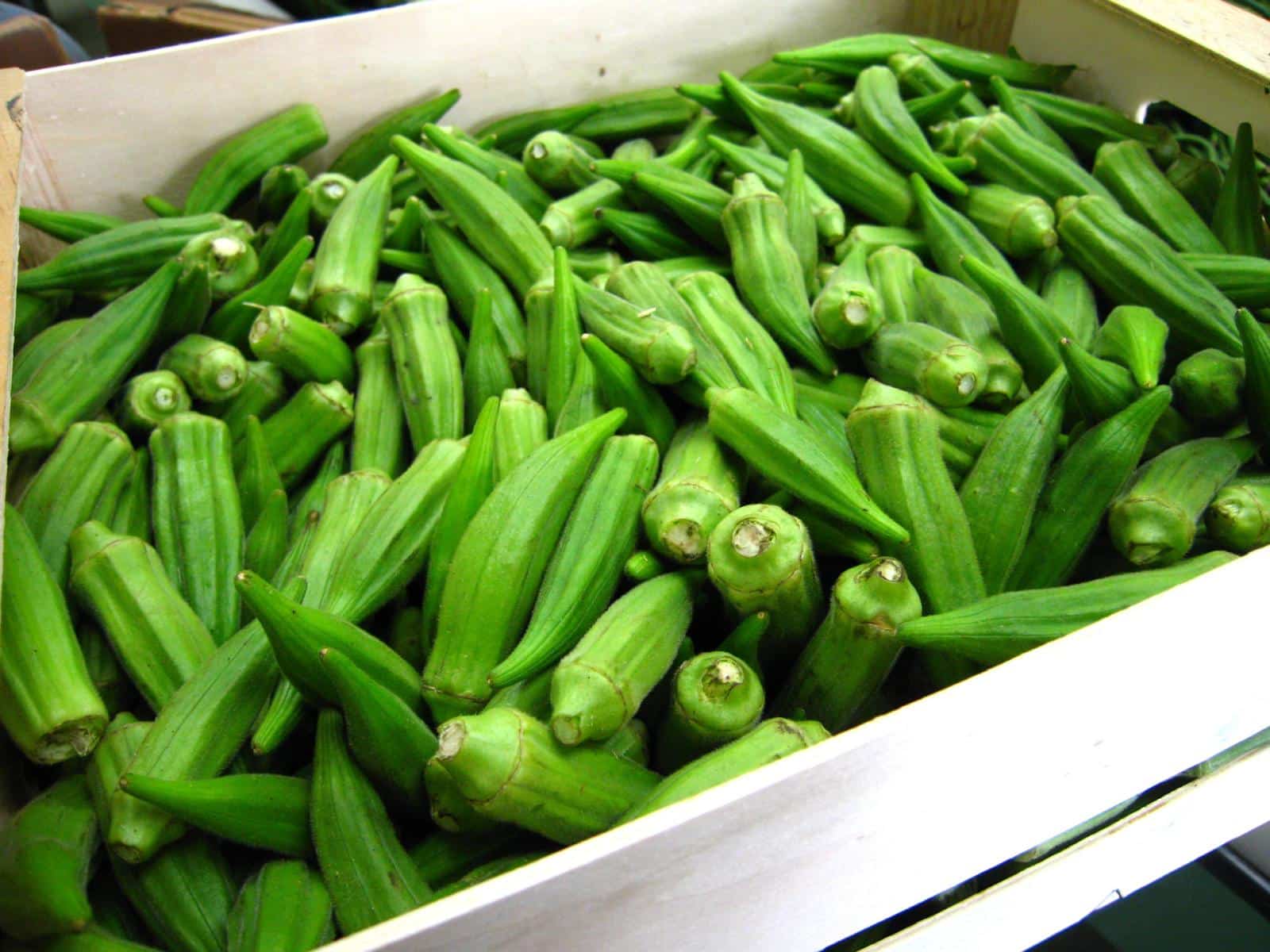Cholesterol is a vital component of our cells, which is why our body makes all that we need. According to William C. Roberts, editor in chief of the American Journal of Cardiology, the only critical risk factor for atherosclerotic plaque buildup is cholesterol, specifically elevated LDL cholesterol in our blood.
How Can I Lower My Cholesterol Without Medication?
Eat Heart-healthy Foods
A large body of evidence shows there were once enormous swaths of the world where the coronary heart disease epidemic seemed to be almost non-existent, such as rural China and sub-Saharan Africa. It’s not genetics: When people move from low- to high-risk areas, their disease rates appear to skyrocket as they adopt the diet and lifestyle habits of their new homes. The extraordinarily low rates of heart disease in rural China and Africa have been attributed to the extraordinarily low cholesterol levels among these populations. Though Chinese and African diets are very different, they are both centered on plant-derived foods, such as grains and vegetables. By eating so much fiber and so little animal fat, their total cholesterol levels averaged under 150 mg/dL, similar to people eating contemporary strictly plant-based diets.
Calorie Restriction
In The Benefits of Calorie Restriction for Longevity I discuss the CALERIE study (the Comprehensive Assessment of Long-term Effects of Reducing Intake of Energy). It was the first clinical trial to test the effects of caloric restriction. Hundreds of non-obese men and women were randomized to two years of 25 percent calorie restriction. They only ended up achieving half that but lost about 18 pounds and three inches off their waists, wiping out more than half of their visceral abdominal fat. That translated into significant improvements in cholesterol levels, triglycerides, insulin sensitivity, and blood pressures
What Foods Lower Your Cholesterol Fast?
1. Oats
The fiber in oatmeal can lower our blood cholesterol levels so less gets stuck in our arteries. There are also anti-inflammatory and antioxidant phytonutrients in oats that can help prevent atherosclerotic buildup and then help maintain arterial function. Check out my video Can Oatmeal Reverse Heart Disease? for more on this.
2. Barley
As I discuss in Whole Grains May Work as Well as Drugs, just a single serving a day of barley may lower your cholesterol.
3. Beans
In a randomized crossover trial, adding two servings a day of lentils, chickpeas, beans or split peas cut cholesterol levels so much that many participants moved below the range for which statin drugs are typically prescribed. Learn more about this in Beans, Beans, They’re Good for Your Heart.
4. Amla (Indian gooseberries)
As discussed in the video Amla vs. Drugs For Cholesterol, Inflammation, & Blood-Thinning, 500 milligrams (which is like a tenth of a teaspoon) of powdered amla works just as well as Zocor, a leading cholesterol-lowering drug.
5. Brazil nuts
A single serving of Brazil nuts may bring cholesterol levels down faster than statin drugs and keep them down even a month after that single ingestion. I go into more detail on this in Four Nuts Once a Month.
What Foods Should Be Avoided?
To drastically reduce LDL cholesterol levels, it appears we need to drastically reduce our intake of:
- trans fat, which comes from processed foods and naturally from meat and dairy
- saturated fat, found mainly in animal products and junk foods
- dietary cholesterol, found exclusively in animal-derived foods, especially eggs.
For those who have tried eating a whole food plant-based diet and still have high LDL, you should make sure you’re not eating plant sources of saturated fat, such as palm kernel oil, palm oil, coconut oil, and cocoa butter (found in chocolate). Of course if you were you wouldn’t be eating a whole food plant-based diet, but you’d be surprised how many people tell me they are and they’re like “Yeah, and I eat a spoonful of coconut oil a day.” I’d also cut out unfiltered coffee. Then once you have gotten rid of the things that increase your cholesterol you need to pack your diet with foods that actively lower your cholesterol.
What About The “Cholesterol Myth”?
I wrote about the cholesterol “skeptics” in my book Carbophobia (now available free, full text online).
I think the issue was best summarized in a medical journal editorial entitled Cholesterol Myth Club on Par with Flat Earth Society that read: “as mixed up as Flat Earth Society members obviously are, at least you can laugh their dumb idea off, and if you want to believe the Earth is flat, this view is not going to cause serious problems like… coronary artery disease.”
Lastly, here are some of the best videos to help understand more about diet and cholesterol. Sometimes folks will ask questions like does cholesterol have a lower limit, or, what about the size of LDL particles does that matter? Thankfully Dr. Greger addresses this in his video: Does LDL size matter? and Cholesterol does not appear to have a lower limit. A few concerns with dietary cholesterol is that there’s a plateau effect issue and the postprandial (after eating) issue. These videos explain the issues further: When Low Risk Means High Risk and Eggs and Arterial Function. Find out what’s an Optimal Cholesterol Level to shoot for.
